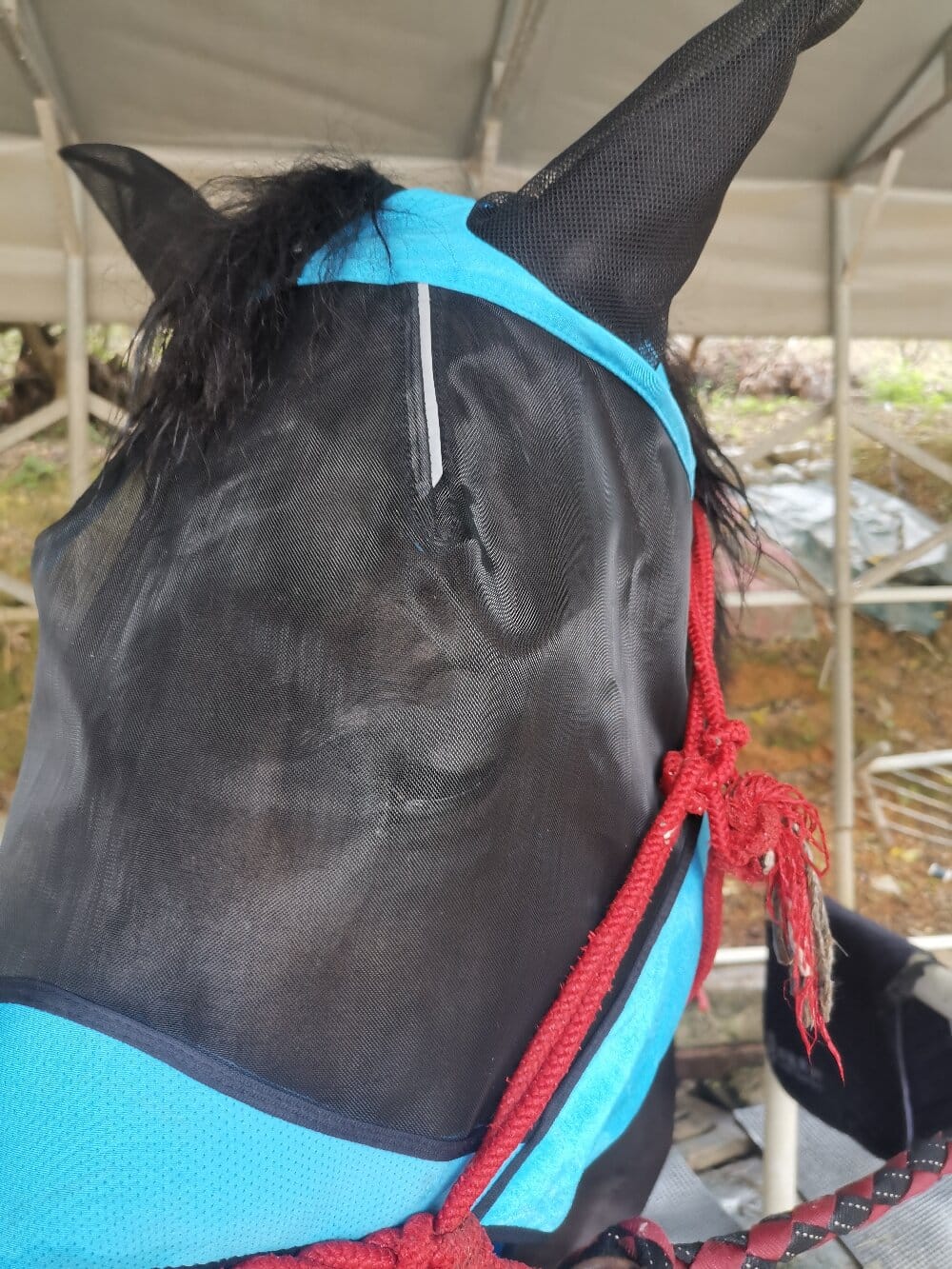A horse fly mask is an essential piece of protective gear designed to shield horses from irritating and potentially harmful insects. As equestrian care evolves, these masks have become increasingly sophisticated, incorporating the latest materials and designs to enhance comfort and effectiveness. Whether for competition, leisure riding, or pasture turnout, a high-quality fly mask ensures horses remain calm, focused, and free from pest-related stress.
Latest Trends in Horse Fly Mask Design
Innovation in equestrian accessories has led to significant advancements in fly mask technology. Modern designs now prioritize breathability, UV protection, and durability while maintaining a secure fit. Some of the latest trends include:
- Lightweight Mesh Fabrics: Advanced materials allow for maximum airflow while blocking insects.
- Extended Nose and Ear Coverage: Masks now often include extra protection for sensitive areas.
- Adjustable Straps: Customizable fits prevent slipping and rubbing.
- UV-Resistant Coatings: Many masks now offer SPF protection to safeguard against sun damage.
Choosing the Right Horse Fly Mask
Selecting the best fly mask for horses depends on several factors, including the animal’s environment, activity level, and individual needs. Key considerations include:
- Material Quality: Opt for durable, soft fabrics that won’t irritate the skin.
- Fit and Comfort: A well-fitted mask should stay in place without restricting movement.
- Visibility: Ensure the mesh does not obstruct the horse’s vision.
- Weather Resistance: Water-resistant options are ideal for rainy climates.
Benefits of Using a Fly Mask for Horses
Beyond insect protection, a horse fly mask offers multiple advantages that contribute to overall equine well-being:
- Reduced Stress: Minimizes irritation from flies, mosquitoes, and other pests.
- Prevented Infections: Protects eyes and ears from bacteria carried by insects.
- Enhanced Performance: Horses stay focused during training or competitions.
- Long-Term Health: Shields against UV rays, reducing the risk of sunburn and related conditions.
Maintenance and Care Tips
To ensure longevity and hygiene, proper care for a fly mask is crucial. Follow these simple steps:
- Regular Cleaning: Hand wash with mild soap and air dry to preserve fabric integrity.
- Inspection: Check for tears or loose straps before each use.
- Proper Storage: Keep in a dry, cool place when not in use.
- Rotation: Having multiple masks allows for alternation and extended usability.
Conclusion
Investing in a high-quality horse fly mask is a smart decision for any horse owner looking to prioritize their animal’s comfort and health. With advancements in design and materials, modern options provide superior protection while ensuring ease of use. By selecting the right mask and maintaining it properly, equestrians can keep their horses happy, healthy, and free from the nuisances of flying pests.

